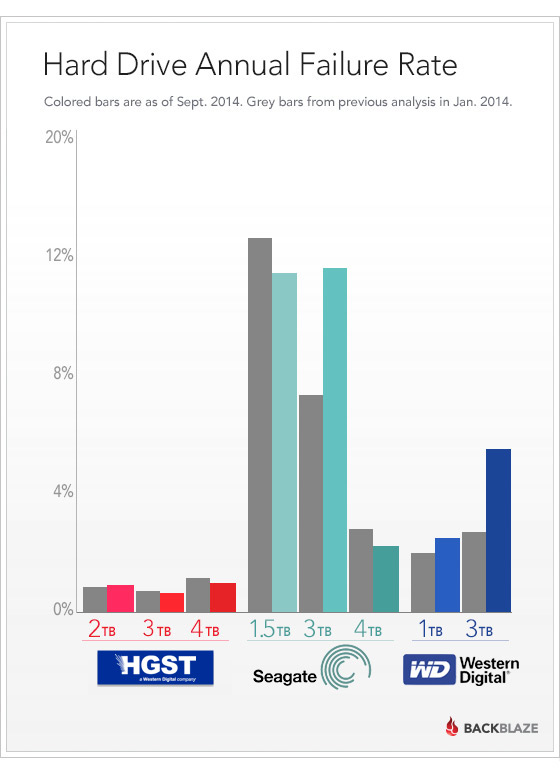I'm RMAing my 3rd Seagate drive in 2 months. Had two zpools, one will a mix of WD's and seagates, and one with seagates only. Two drives in the seagate only pool failed, and now the only seagate in the WD pool is failing. Never again seagate, never again.
Too bad I bought them before the Backblaze report
Spend the extra money guys and buy WD's.
Too bad I bought them before the Backblaze report
Spend the extra money guys and buy WD's.
![[H]ard|Forum](/styles/hardforum/xenforo/logo_dark.png)
